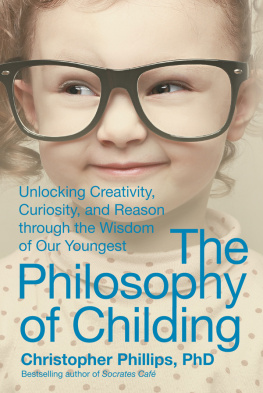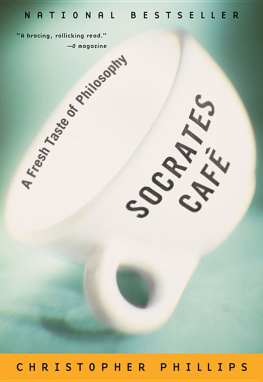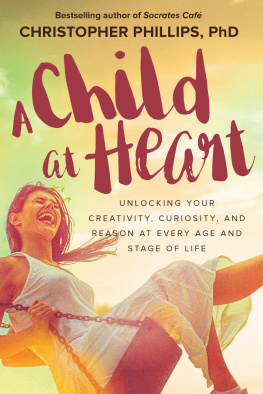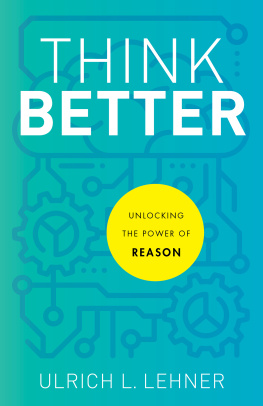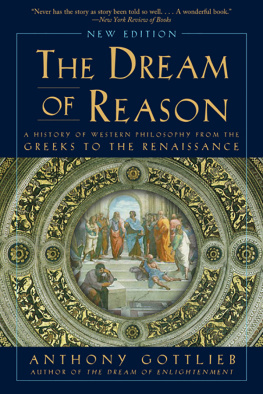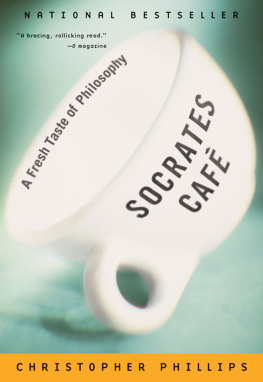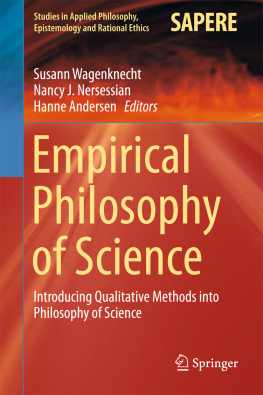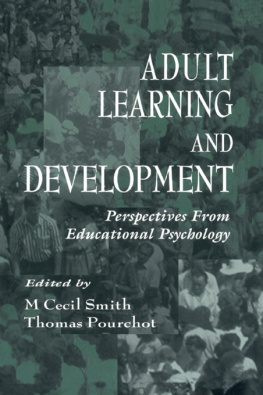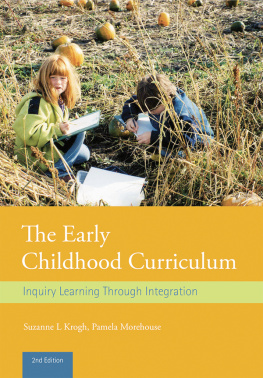Disclaimer: To guard participants privacy, most names have been changed; occupations and other biographical information, and the locales in which dialogues occurred, have at times also been changed. Some participants portrayed in this book are composites of those who took part in actual dialogues, and some dialogues are composites.
Copyright 2016 by Christopher Phillips
All rights reserved. No part of this book may be reproduced in any manner without the express written consent of the publisher, except in the case of brief excerpts in critical reviews or articles. All inquiries should be addressed to Skyhorse Publishing, 307 West 36th Street, 11th Floor, New York, NY 10018.
Skyhorse Publishing books may be purchased in bulk at special discounts for sales promotion, corporate gifts, fund-raising, or educational purposes. Special editions can also be created to specifications. For details, contact the Special Sales Department, Skyhorse Publishing, 307 West 36th Street, 11th Floor, New York, NY 10018 or .
Skyhorse and Skyhorse Publishing are registered trademarks of Skyhorse Publishing, Inc., a Delaware corporation.
Visit our website at www.skyhorsepublishing.com.
10 9 8 7 6 5 4 3 2 1
Library of Congress Cataloging-in-Publication Data is available on file.
Cover design by Rain Saukas
Print ISBN: 978-1-5107-0326-1
Ebook ISBN: 978-1-5107-0328-5
Printed in the United States of America
To the loves of my life, Cecilia, Cali, and Cybele
Contents
Chapter 1
A Childing We Will Go
Children and Adults First!
W HICH CAME FIRST, THE CHICKEN OR THE EGG?
Ive just posed this philosophical oldie but goodie to a group of third graders in Iowa. Elementary schools are a frequent stop in my sojourns around the world holding Socratic give-and-takes. The meetings inspire those taking part to share an array of thought-provoking perspectives on questions we explore together. As I note in Socrates Caf , my first book about my philosophical adventures, I need children to philosophize with. No one questions, no one wonders, no one examines, like children. Its not simply that children love questions, but that they live questions. My view is kindred to that of the influential German existentialist philosopher Karl Jaspers (18831969), who held that spontaneous philosophythe inescapable urge to ask profound questions and seek out answers, of a type that lead to a whole new host of questions, and answersis in childrens DNA. For kids, this Socratizing is an existential thrill ride. The more unexpected twists and turns, the more surprising and novel the insights, the merrier they are.
I myself got the Socratic bug at age twelve, after my Greek grandmother, my yaya , Kalliope Casavarakis Philipou, gave me a handsome leather-bound English translation of Platos Socratic dialogues. She tweaked my cheek, as Greek grandmothers do, told me I had the blood of Socrates, and predicted that one day I would repeat his feat in modern contexts, engaging people anywhere and everywhere in philosophical inquiry. I read the book from cover to cover, again and again. Socrates rocked. His notion that each of us could and should become our own best questioners and thinkers spoke to me.
Martin Heidegger (18891976), the German philosopher who made a lasting name for himself with his existential explorations, considered Socrates the purest thinker of the West, because the Athenian believed that the questions posed were more important than the answers arrived at. My affinity with Socrates lies more in the fact that, to him, even the most convincing answers were never meant to be final, but merely a way station for using ones imagination and experiences to develop a whole new host of questions. The long and short of it is that my yaya ruined my life. From that point forward, the idea of having normal career aspirations would not do. I wanted to be a Socratic seeker. Which is who Ive become.
I started my first Socrates Caf way back in 1996 in a cozy coffeehouse in Montclair, New Jersey. I shared the sensibility of the fifth century BC philosopher that continual close encounters with others of a philosophical kind, engaging in impassioned yet thoughtful exchanges of ideas and ideals, is a portal to sculpting what the Greeks of old called arete all-around excellence of a sort that is an individual and collective pursuit rolled into one. Socrates Caf went on to become something of a phenomenon, an oasis of reasonableness in a desert of rising intolerance and fundamentalism taking place around the world. Hundreds of groups now convene far and wide in public places and spaces, including cyberspace, but also in brick-and-mortar locales like schools, churches, community centers, nursing homes, prisons, shelters for homeless families, libraries, even daycare centers.
Socrates Caf still has momentum after all this time. As motley people break philosophical bread together on a regular basis, close connections are often forged among the strangest bedfellows. If you were a fly on the wall at one of these gatherings, youd see that Socrates Caf-goers in action are an inquisitive, open, curious, and playful bunchchildlike, in a word. Im fond of saying that Socrates Caf is for children of all ages, because these gatherings bring out our innate inquisitiveness and sense of wonder. Speaking of children, over the years I have held thousands of dialogues around the globe with our youngest, both inside and outside the hallowed halls of formal learning. Their beautiful minds think in a brilliant array of colors, and their often-jarring and mind-bending insights help me see old conundrums in new lights.
At this latest philosophical soiree, no sooner do I put forward the chicken-and-egg question than eight-year-old Eva says right back to me, Look, I know were in Iowa, and this is farm country and all, but I dont know the first thing about chickens and eggs. I do know something about how human babies are born. My mom is an obstetrician. If I can refer to Homo sapiens instead of chickens, then I can tell you something about who comes first.
Without waiting for my permission, Eva continues in a schoolmarmish tone, An adult male and female member of the species have to mate in order to fertilize the females eggand by adults, I mean biological ones who can produce eggs and sperms that can make babies. She looks at Ms. Bunn, her third-grade teacher, and asks, Is it sperm or sperms? She gets no immediate reply from her disconcerted teacher, so goes on, In real life, it boils down to this: the male has to impregnate the female with one of his sperm. If the impregnation is by artificial insemination, it still requires a mature male sperm. Once that sperm fuses with one of the females eggswhether in the uterine tube or the test tubethe process of fertilization begins. Eventually, if everything goes as planned, the fused cells form a zygote, or fertilized egg, which keeps dividing in more and more specialized ways. Then, about nine months later, a fully developed baby is born.
She turns her attention back to me. I have no idea where these first baby-makersmuch less chick-makerscame from. But they had to have come first, because they are the possessors of the eggs and sperm, or spermsunless there is something like Eva struggles with the word parthenogenesis, and settles on asexual reproduction. She then goes on to say, As is the case with flatworms and sharks, where the begetter and begettee are one and the same.
Seth sort of nods. Hes not sure he has altogether understood Eva, to whom hes taken a shine, but nonetheless hes determined to support her. Adult chickens and adult humans must have come first, because babies or chicks wouldnt last long without them. Once the baby human or chick enters the world, then at least one adult has to be ready to take on the role of parent and raise it. Human babies, every bit as much as baby chicks, are helpless and defenseless creatures. Someone has to nourish them, watch over them, fend for them, or theyre not long for this world. In the case of humans, sometimes the adult or adults who care for a baby arent the same ones who made the baby. Sometimes it isnt even an adult, but an older kid. But usually, its one or more of the original parents.

